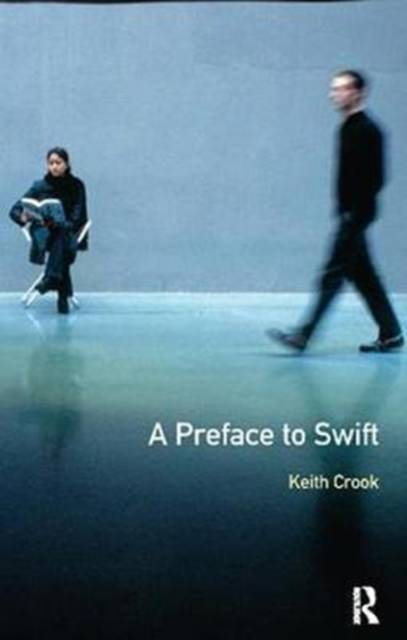
- Retrait gratuit dans votre magasin Club
- 7.000.000 titres dans notre catalogue
- Payer en toute sécurité
- Toujours un magasin près de chez vous
- Retrait gratuit dans votre magasin Club
- 7.000.0000 titres dans notre catalogue
- Payer en toute sécurité
- Toujours un magasin près de chez vous
Description
Jonathan Swift's moral and political satires astonished his contemporaries and still have the power to disturb, with their compelling images and unsettling turns of argument, and to delight, with their charm and inventive wit. A Preface to Swift examines the complex appeal of this fierce critic of oppression.While thematically arranged, the text follows a broadly chronological account of Swift's life to show his development as a writer from the prolific and inventive iconoclast to the mature satirist whose enduring memory of past events produced warm friendship as well as strong resentment. It considers in detail his engagement with the corruption of over-secure politicians and his opposition to the easy rationalism of free-thinking pundits. Gulliver's Travels is shown to be a coherent critique of eighteenth-century ideas of science, education and politics in which the order of the books ('the progress of the fable') is highly significant for its whole meaning. While this is a major focus, Keith Crook also discusses a wide range of Swift's other works, including his early satires, his political writings, his poems and his letters.Detailed chronological charts place his life and works in the political and cultural context, and illustrations have been chosen with commentaries to extend the reader's sense of Swift's connections with London, Ireland and his contemporaries. This will be a particularly useful introduction to students who are studying satire as a genre; the early eighteenth-century literary, scientific, philosophical and political context; the representation of women; the political relation of Ireland to England; and the position of the artist within society, especially in connection with the levers of power.
Spécifications
Parties prenantes
- Auteur(s) :
- Editeur:
Contenu
- Nombre de pages :
- 264
- Langue:
- Anglais
- Collection :
Caractéristiques
- EAN:
- 9781138418356
- Date de parution :
- 22-08-17
- Format:
- Livre relié
- Format numérique:
- Genaaid
- Dimensions :
- 138 mm x 216 mm
- Poids :
- 430 g

Les avis
Nous publions uniquement les avis qui respectent les conditions requises. Consultez nos conditions pour les avis.






